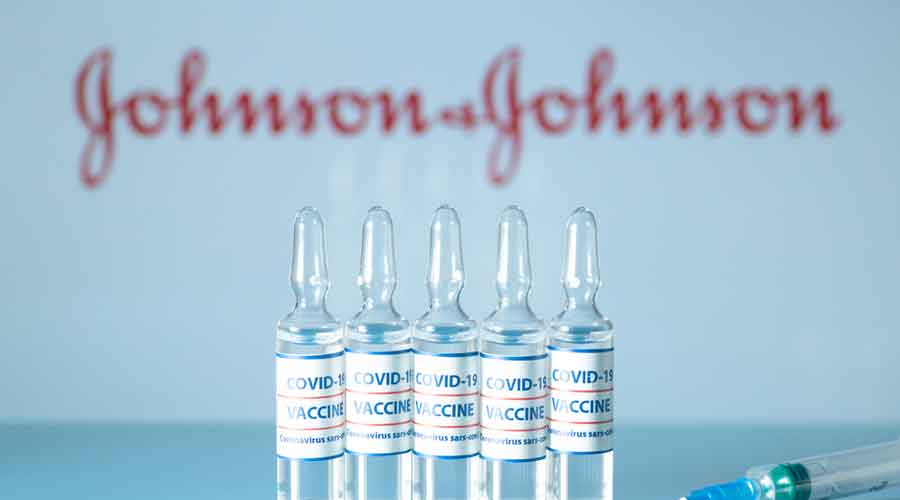Johnson & Johnson said late on Thursday that its single-shot Covid-19 vaccine showed promise against the highly contagious Delta variant in a laboratory study.
An analysis of blood from eight patients showed that immune responses elicited by the vaccine against the Delta variant, first identified in India, were at a higher level than against the Beta variant, which was first identified in South Africa.
The WHO has said Delta is becoming the globally dominant variant of Covid-19, raising concerns over whether existing vaccines will work against it.
So far, preliminary data has shown that vaccines made by Pfizer Inc and BioNTech, AstraZeneca and Moderna are largely protective against Delta, with the concentration of virus-neutralising antibodies being somewhat reduced.
“We believe that our vaccine offers durable protection against Covid-19 and elicits neutralising activity against the Delta variant,” Johnson & Johnson chief scientific officer Paul Stoffels said.
Disease experts believe the J&J’s vaccine may require booster shots of the Pfizer/BioNTech or Moderna vaccines to be more effective against the Delta variant. US public health officials have said there is no clinical data to support the move.










